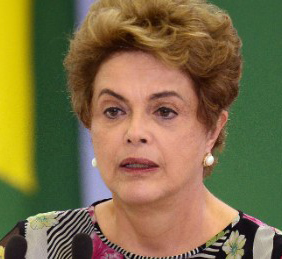As each day passes, the internal situation in Venezuela deteriorates. Rumours of military coups and unstoppable violence swirl, street protests escalate, ordinary citizens suffer shortages of medicine, everyday foodstuffs, and almost everything else, while enduring rapidly escalating inflation.
It is a situation that has led some commentators to suggest that when taken with other developments in South America, leftist political thinking is being rejected by once sympathetic electorates. The circumstances, however, are otherwise.
 Last November in Argentina President Cristina Fernández de Kirchner and her socially-left Peronist party lost power in the Argentinian elections and was replaced by Mauricio Macri, a pro-business conservative.
Last November in Argentina President Cristina Fernández de Kirchner and her socially-left Peronist party lost power in the Argentinian elections and was replaced by Mauricio Macri, a pro-business conservative.
In February, in quite different circumstances, the Bolivian President, Evo Morales, lost a referendum which he hoped would give him a fourth term in office from 2019. Although widely credited with lifting huge numbers of indigenous Bolivians out of poverty though the more equitable distribution of the country’s income from its vast natural gas reserves, his reputation had been hit by scandals within his political party.

